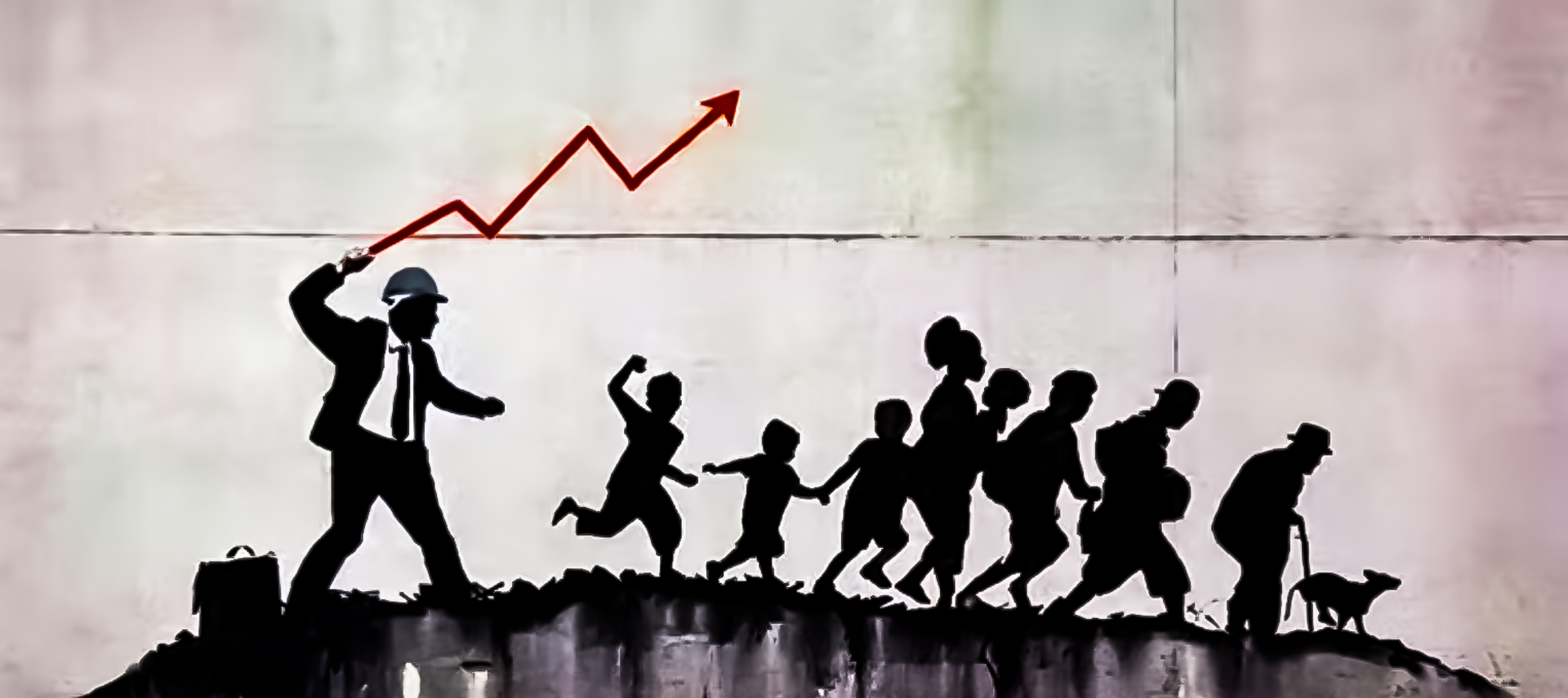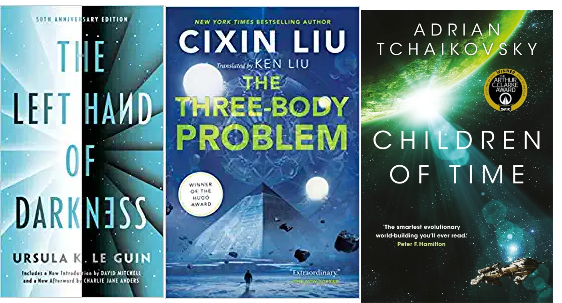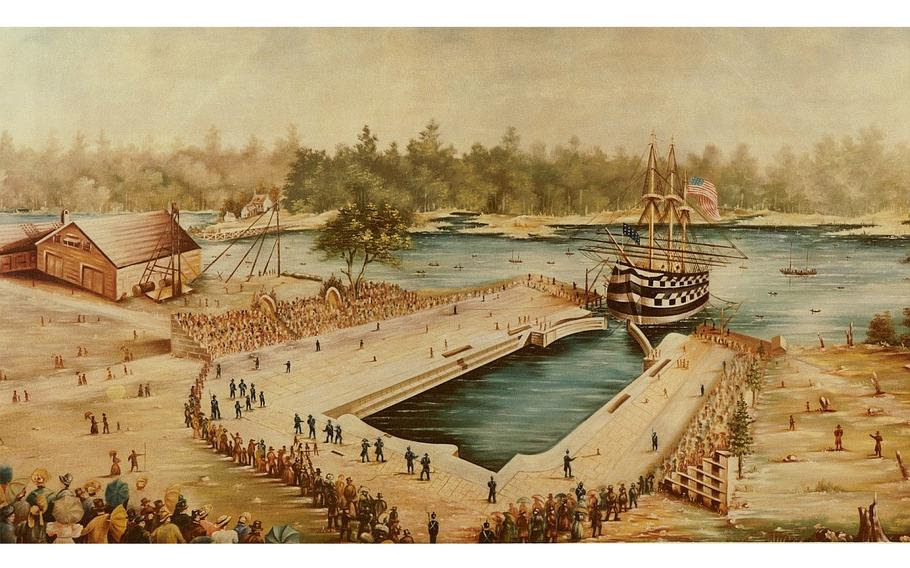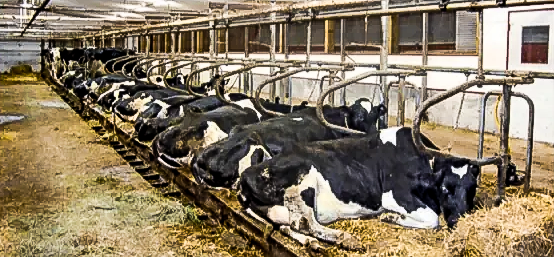The Political Writings of Marx and Engels: Part II, Surveys From Exile
Online: Zoom link will be provided to registered participants
Reading Marx’s Capital, Volume I
Online: Zoom link will be provided to registered participantsWeek of Events
The Political Writings of Marx and Engels: Part II, Surveys From Exile
The Political Writings of Marx and Engels: Part II, Surveys From Exile
This group is reading and discussing original texts by Marx and Engels about their theory of class struggles as the motive force of human social evolution and the modern working class as the political antagonist of the capitalist system. The primary text is the anthology 'Karl Marx: The Political Writings,' recently published by Verso. In this part 2, we will be reading the "Surveys From Exile" section, which begins with "The Class Struggles in France 1848-1850" and takes us through Marx's articles on the Civil War in the United States.
Reading Marx’s Capital, Volume I
Reading Marx’s Capital, Volume I
Close reading and discussion of Marx's magnum opus with Lisa Maya Knauer and other facilitators from the MEP's Capital Studies Group.
The Politics of the Other: New Visionary Fiction
The Politics of the Other: New Visionary Fiction
The Science and Visionary Fiction Reading Group spring season takes on three of the most richly inventive and deeply challenging novels of our time. Ursula K. Le Guin, The Left Hand of Darkness Cixin Liu, Three-Body Problem Adrian Tchaikovsky, Children of Time All three create and adapt new worlds to explore themes of existential species ... Read more
Towards a Revolution in Labor History
Towards a Revolution in Labor History
A reading of Theodore W. Allen's unpublished manuscript, "Towards a Revolution in Labor History," convened with Sean Ahern. According to Allen, "the original sin of 'white' labor historiography lies in the misbegotten concept that excludes the Black bond-laborers from the 'working class.'”
Animals at Work Under Capitalism
Animals at Work Under Capitalism
A discussion and reading group on the central role of human and nonhuman animal labor in the capitalist economy, both historically and today. What are the anthropocentric premises underlying mainstream understandings of labor in Marxist theory? How might we expand our thinking to include the multiple forms of nonhuman labor necessary for capitalism? What kinds of labor do nonhuman animals provide in production, and on what cultural, ideological and economic bases is work divided among people, nonhuman animals and machines?



